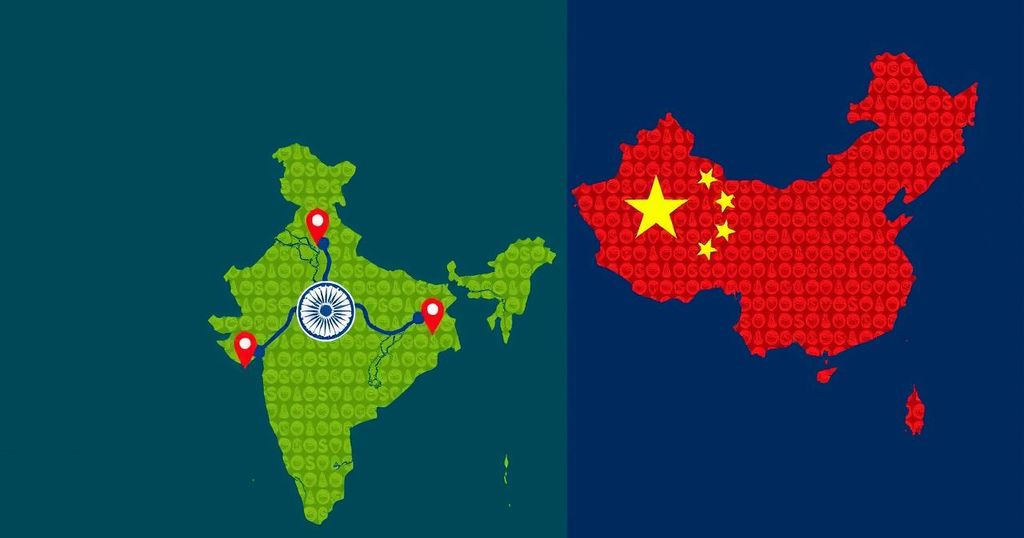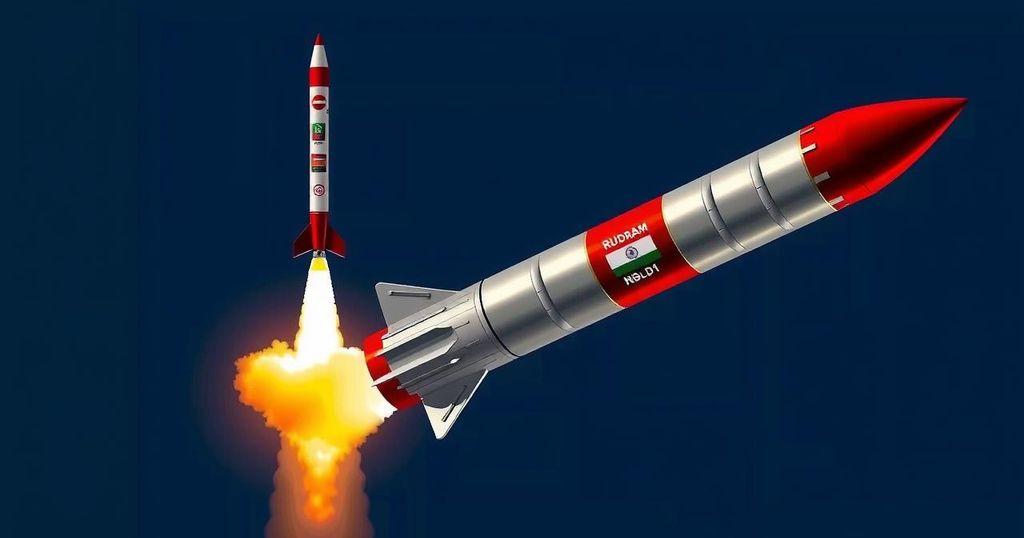Bangladesh’s Defense Strategy Shifts: Implications of Increasing Ammunition Imports from Pakistan
The recent decision by Bangladesh to significantly increase its ammunition imports from Pakistan has understandably raised eyebrows among regional and international observers. This strategic pivot emerges amid a backdrop of internal political turmoil in Bangladesh, particularly following the exit of long-serving Prime Minister Sheikh Hasina. The reported escalation in defense imports specifically targeting ammunition and explosives from Pakistan suggests a noteworthy alteration in Bangladesh’s military alliances and strategic orientations, prompting heightened concerns in India.
Traditionally, Bangladesh has adhered to a neutral position within the complex tapestry of regional geopolitics, skillfully navigating relationships with its more influential neighbors, India and China. However, the forthcoming acquisition of substantial defense materials from Pakistan points to an intensifying cooperation that deviates from this neutral stance. According to reports from FinancialExpress.com, Bangladesh has placed orders for 40,000 rounds of ammunition, 2,000 units of tank ammunition, 40 tons of RDX explosives, and 2,900 high-intensity projectiles from Pakistan’s Ordinance Factories. This represents a definitive escalation from the previous year’s procurement, which involved merely 12,000 rounds of ammunition.
The procurement process is set to unfold in three distinct phases, commencing with the first delivery scheduled for early September 2024, and concluding with the final phase by December 2024. This deal not only underscores Bangladesh’s aspiration to bolster its defense capabilities amidst prevailing internal instability but also reflects the external pressures it faces from regional powers, particularly India and China.
The ramifications of Bangladesh’s new defense procurement strategy have instigated alarm within India, mainly due to the historical antagonism that exists between New Delhi and Islamabad. The budding defense relations between Bangladesh and Pakistan could signify a potential challenge to India’s long-standing influence in the region. Under Prime Minister Sheikh Hasina, India enjoyed a robust diplomatic and economic rapport with Bangladesh. However, the prospect of a new administration in Dhaka potentially favoring closer ties with Pakistan is indeed concerning.
This shift occurs against a backdrop of increasing anti-India sentiment within Bangladesh. Discontent surged following recent flooding in Feni, where local populations vented their frustrations towards India for alleged unsolicited dam water releases from Tripura. Protests outside the Indian Visa Application Centre in Satkhira in late August further highlighted the growing unrest among Bangladeshi citizens, who expressed their dissatisfaction over lengthy visa processing times.
The Indian Defence Minister, Rajnath Singh, emphasized the seriousness with which New Delhi regards these developments by advocating for comprehensive military analysis of the political changes in Bangladesh during his speech at the Joint Commanders Conference in Lucknow on September 5, 2024. Singh cited ongoing global conflicts, including those in Ukraine and Israel, as a basis for the unpredictability of regional security dynamics. He underscored the imperative for India’s armed forces to adopt a proactive stance in addressing potential future challenges emanating from Bangladesh’s evolving situation.
Moreover, Singh articulated concerns regarding the northern border with China, underscoring the necessity of maintaining peace in the region. He reiterated that India must remain vigilant and prepared for any eventualities arising from instability among neighboring states. His focus on fortifying India’s national security infrastructure, with an emphasis on expanding capabilities in space, cyber, and electronic warfare, reflects a comprehensive strategic vision aimed at countering emerging regional threats.
Pakistan’s burgeoning defense exports to Bangladesh unfold at a time when Islamabad is keen to assert its influence in South Asia. Despite facing its own internal challenges, Pakistan continues to position itself as a pivotal player within the regional geopolitical landscape. The increasing military partnership with Bangladesh can be interpreted as part of a broader strategy to counterbalance India’s dominance in the area.
The recent correspondence from the General Manager of Pakistan’s Ordinance Factories, detailing additional defense exports to Bangladesh, further substantiates this strategic transition. It reveals that the new Bangladeshi leadership appears open to expanding defense collaborations with Pakistan, a maneuver that may have enduring ramifications for the geopolitical fabric of the region.







Post Comment